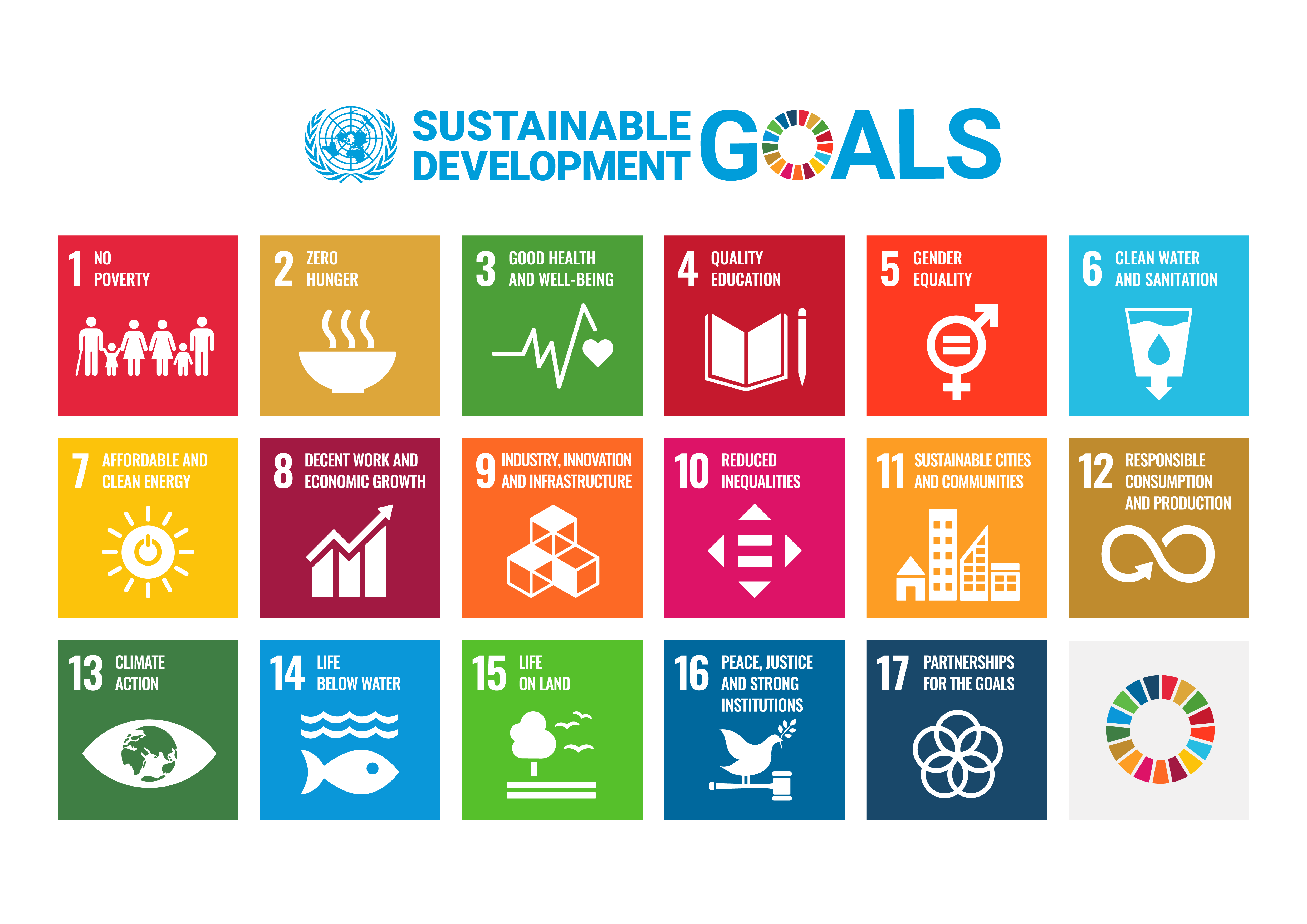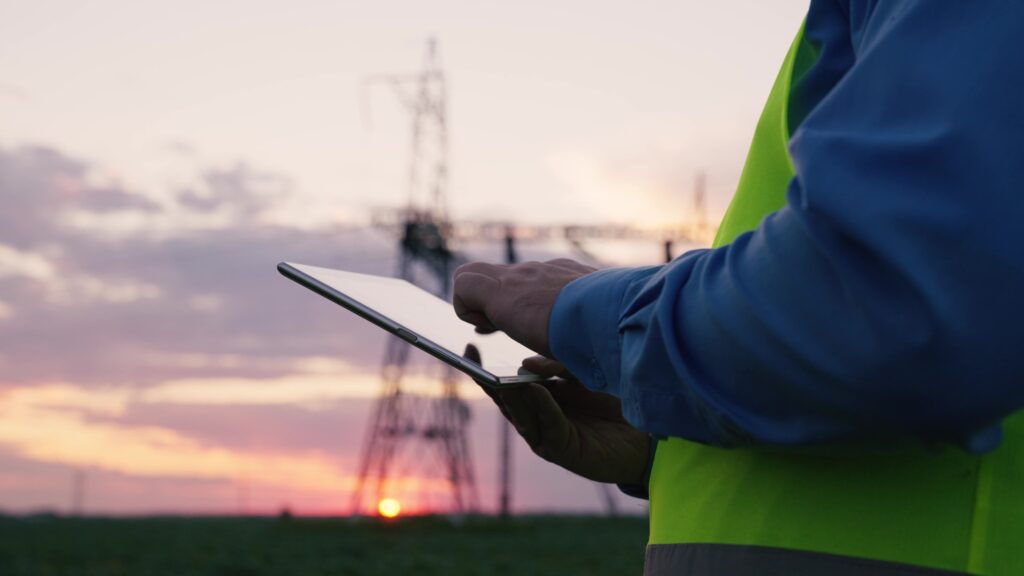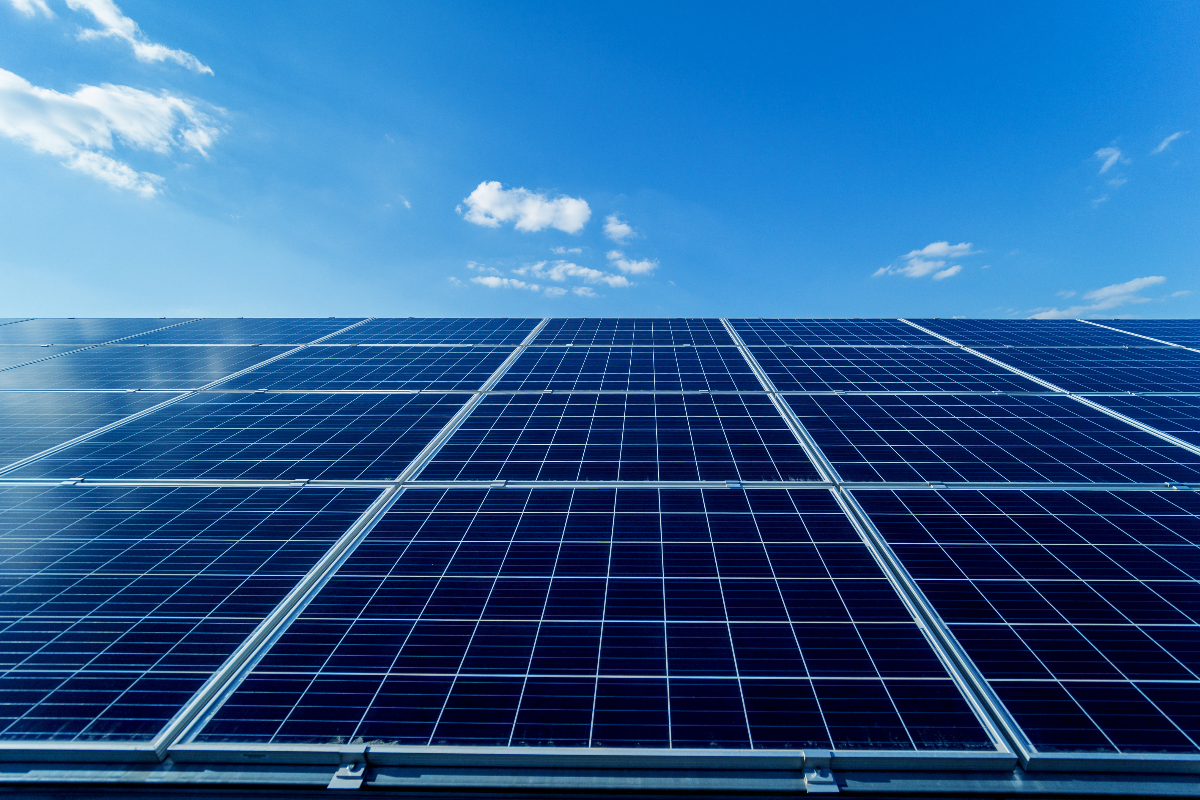A Sustainable Path Forward: Adopting UN Sustainability Goals for Business Success
Check out our LinkedIn for live updates

Harrison Gash
Published: 24/10/2023
In a world increasingly concerned about the environment and social responsibility, businesses have a pivotal role to play in achieving sustainable development. The United Nations’ Sustainable Development Goals (SDGs) provide a roadmap for businesses to align their strategies and actions with global sustainability targets.
This blog will explore how a business can adopt four UN SDGs, with a specific focus on strategies related to SDG 9: Industry, Innovation, and Infrastructure, SDG 11: Sustainable Cities and Communities, SDG 12: Responsible Consumption and Production, and SDG 13: Climate Action. We will delve into strategies like energy efficiency, conservation, audits, reduction, energy-efficient infrastructure, renewable energy adoption and procurement, as well as energy storage solutions.
SDG 9: Industry, Innovation, and Infrastructure
Strategy 1: Energy Efficiency, Conservation, Audits, and Reduction
Energy efficiency is a cornerstone of sustainable development. Businesses can start by conducting energy audits to identify inefficiencies in their operations. These audits help pinpoint areas where energy conservation is most critical. Implementing energy-efficient technologies and practices, such as LED lighting, efficient HVAC systems, and optimised manufacturing processes, can lead to substantial energy reduction. Businesses should encourage a culture of energy conservation among employees, promoting behaviours like turning off lights and equipment when not in use. This not only reduces energy consumption but also lowers operational costs.
Strategy 2: Energy-Efficient Infrastructure
Infrastructure forms the backbone of industries and innovation. Building energy-efficient infrastructure involves integrating sustainable design principles into construction and renovation projects. For example, businesses can use environmentally friendly materials, adopt smart building technologies, and improve insulation to reduce energy consumption. Implementing these changes not only aligns with SDG 9 but also enhances the company’s reputation and reduces long-term operational costs.
Learn more about renewables! Click the button below, or talk to our experts via the chat function.
SDG 11: Sustainable Cities and Communities
Strategy 3: Renewable Energy Adoption
The transition to renewable energy sources is a pivotal step in promoting sustainable cities and communities. Businesses can invest in on-site renewable energy generation, such as solar panels and wind turbines. By harnessing clean energy, companies can reduce their carbon footprint and contribute to a more sustainable future. Additionally, adopting renewable energy sources often comes with economic incentives, like tax credits and reduced energy bills.
Strategy 4: Renewable Energy Procurement
Not all businesses have the resources or space for on-site renewable energy generation. In such cases, renewable energy procurement is a viable strategy. Companies can partner with renewable energy providers to purchase green energy. This not only reduces their environmental impact but also supports the growth of renewable energy infrastructure. By investing in clean energy, businesses align with SDG 11, contribute to sustainable communities, and stimulate the development of clean energy technologies.
SDG 12: Responsible Consumption and Production
Strategy 1: Energy Efficiency, Conservation, Audits, and Reduction
Responsible consumption and production are intertwined with energy efficiency. Reducing energy consumption helps minimise waste and lower greenhouse gas emissions. By conducting energy audits and reducing energy waste, businesses can optimise their operations, improving their sustainability and responsible consumption. A focus on these strategies aligns with SDG 12 and paves the way for a more sustainable business model.
Strategy 2: Renewable Energy Adoption
Incorporating renewable energy sources into production processes and manufacturing is an excellent way to align with SDG 12. Businesses can adopt renewable energy-powered machinery and equipment to produce goods and services in an environmentally responsible manner. This not only reduces the environmental impact of production but can also appeal to consumers who are increasingly conscious of responsible consumption.
Check out our guide to ROCS, REGOs, and PPAs? Click here to find out!
SDG 13: Climate Action
Strategy 3: Energy-Efficient Infrastructure
Responsible consumption and production are intertwined with energy efficiency. Reducing energy consumption helps minimise waste and lower greenhouse gas emissions. By conducting energy audits and reducing energy waste, businesses can optimise their operations, improving their sustainability and responsible consumption. A focus on these strategies aligns with SDG 12 and paves the way for a more sustainable business model.
Strategy 4: Energy Storage Solutions
Incorporating renewable energy sources into production processes and manufacturing is an excellent way to align with SDG 12. Businesses can adopt renewable energy-powered machinery and equipment to produce goods and services in an environmentally responsible manner. This not only reduces the environmental impact of production but can also appeal to consumers who are increasingly conscious of responsible consumption.
To Conclude…
Adopting United Nations Sustainable Development Goals is not just a moral obligation but a strategic move for businesses. Aligning with SDG 9, 11, 12, and 13 by implementing strategies such as energy efficiency, renewable energy adoption, and responsible consumption and production leads to multiple benefits. It can enhance the reputation of a business, reduce operational costs, and prepare it for a future where sustainability is at the forefront of decision-making.
By making a commitment to these strategies, businesses contribute to the broader goals of sustainable development, and in doing so, they position themselves for success in a world where sustainability is key to long-term prosperity. SDGs provide a roadmap for a sustainable future, and businesses that embrace them will not only contribute to a better world but also thrive in an evolving, environmentally conscious market.
So, how can we help you?
Contact us
Want to futureproof your business, but not sure where to start? Our team of experts are on hand to help your business work towards its sustainability goals. Contact Flame Energy today to learn more about how we can support your business.









